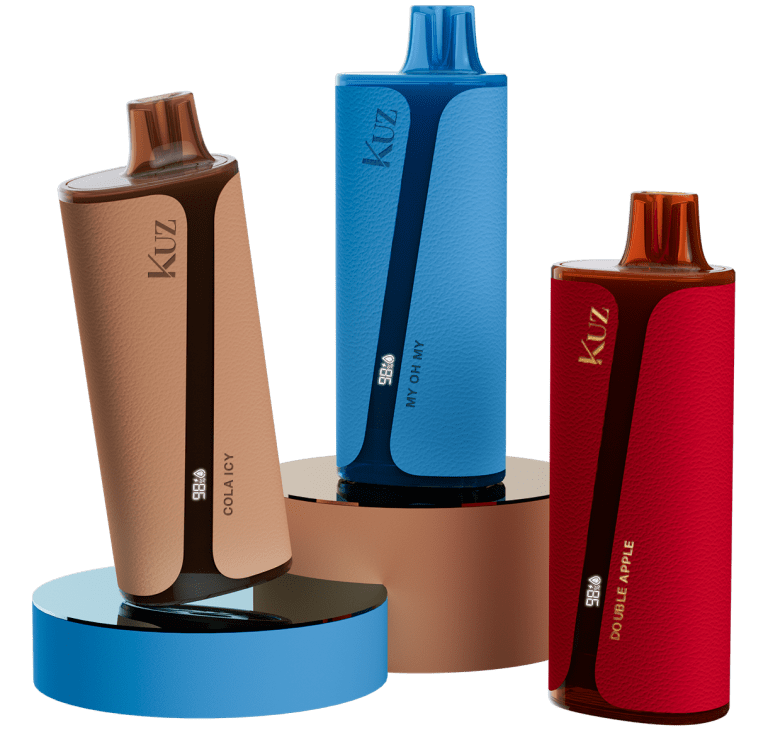Vaping has become increasingly popular over the years, particularly among younger demographics. Despite its perceived safety compared to traditional smoking, vaping still carries health risks that can concern both individuals and healthcare professionals. A common question that arises is whether doctors can tell if you vape, and if so, how they do it. This article delves into the medical ways doctors can detect vaping and why it’s essential to be transparent with your healthcare provider.
Can Doctors Really Tell If You Vape?
Yes, doctors can often tell if you vape, though the methods they use might not be as straightforward as one might think. The detection usually involves a combination of medical tests and observing symptoms.
Medical Tests for Nicotine Detection
One of the most direct ways doctors can confirm if you vape is through tests that detect nicotine and its metabolites, primarily cotinine. Nicotine enters the bloodstream shortly after vaping, and its presence can be detected in blood, saliva, urine, and even hair. Blood tests are particularly reliable, with cotinine detectable for up to 10 days after vaping, although this duration can vary depending on factors such as age, metabolism, and frequency of use. Saliva tests are also commonly used, especially because they are less invasive and can detect nicotine for a shorter period after vaping.
For longer-term detection, hair tests can reveal nicotine use months after the last instance of vaping, although this is less common in routine medical examinations. While these tests can indicate nicotine use, they do not specifically confirm vaping as the source, since nicotine can also come from traditional cigarettes or nicotine replacement therapies.
Physical Signs and Symptoms
Aside from lab tests, doctors may also infer vaping habits through physical examination and patient symptoms. Vaping can lead to several visible signs, such as throat irritation, coughing, and other respiratory symptoms. A condition known as “vaper’s tongue,” which is a temporary loss of taste, can also suggest vaping habits. However, these symptoms can be caused by other factors, so they are not definitive proof on their own.
Why Honesty with Your Doctor Matters
Regardless of whether you vape or not, it’s crucial to be honest with your healthcare provider. Knowing about your vaping habits helps your doctor provide the best possible care, particularly if you’re experiencing symptoms that could be related to vaping, such as respiratory issues or nicotine addiction. Moreover, if you’re using vaping as a smoking cessation tool, your doctor can offer additional resources or suggest alternative methods that might be more effective or safer.
Health Risks Associated with Vaping
While vaping is often marketed as a safer alternative to smoking, emerging research suggests it still poses significant health risks. The presence of harmful chemicals in vape products, some of which have yet to be fully identified, raises concerns about long-term effects on the lungs, heart, and overall health. Nicotine, the primary addictive substance in both cigarettes and e-cigarettes, can increase heart rate, blood pressure, and the likelihood of developing cardiovascular diseases. Additionally, the risk of lung injuries, such as EVALI (E-cigarette or Vaping Product Use-Associated Lung Injury), underscores the importance of monitoring vaping habits closely.
Conclusion
Doctors can indeed tell if you vape, primarily through nicotine detection in bodily fluids and observing physical symptoms. However, the accuracy of this detection can depend on various factors. Regardless, being upfront about your vaping habits is vital for receiving proper medical care. As vaping continues to be a topic of concern within the medical community, staying informed about its potential risks and communicating openly with your healthcare provider can significantly benefit your long-term health.
By understanding how vaping can be detected and the importance of transparency with your doctor, you can make more informed decisions about your health and vaping habits.



